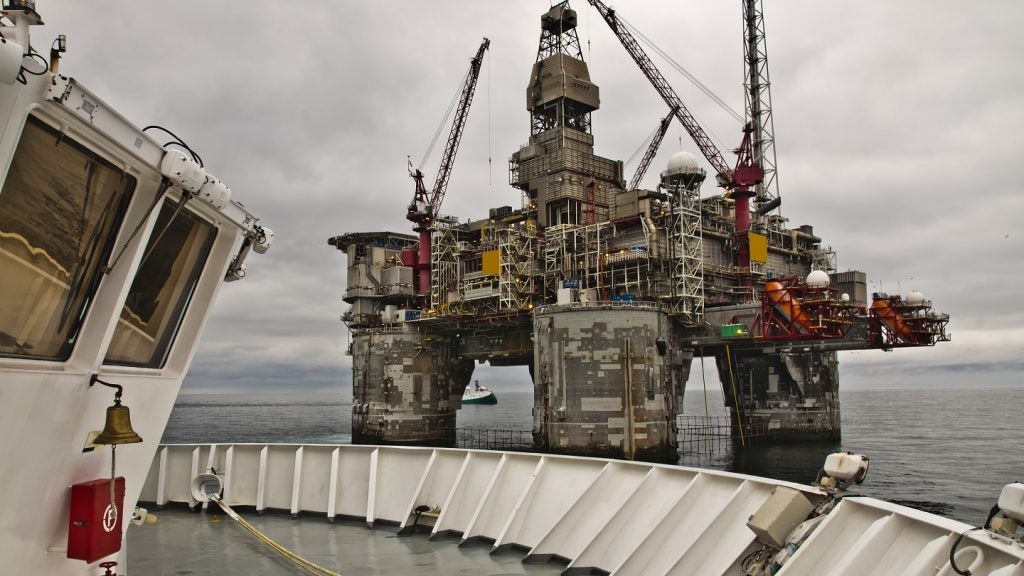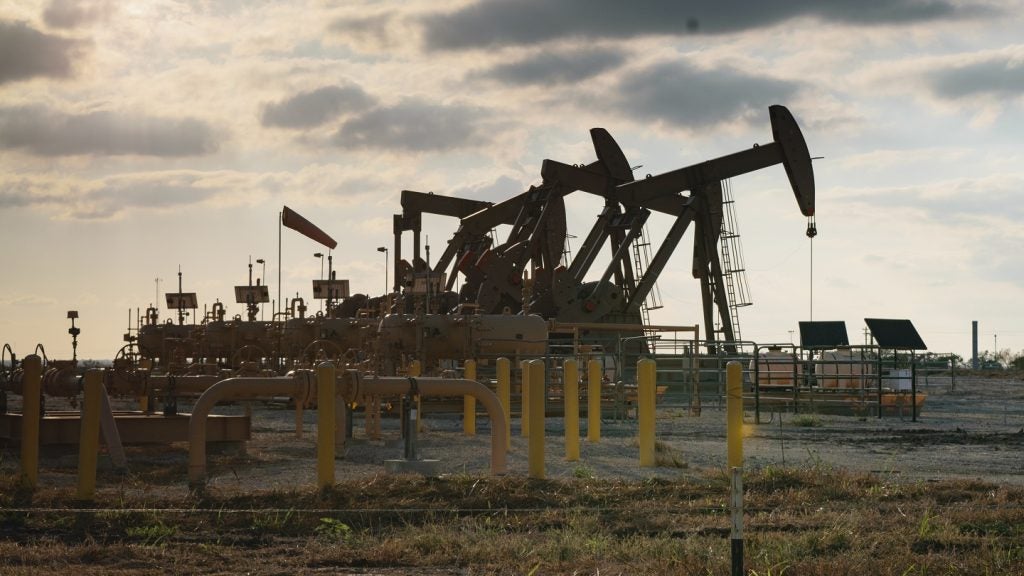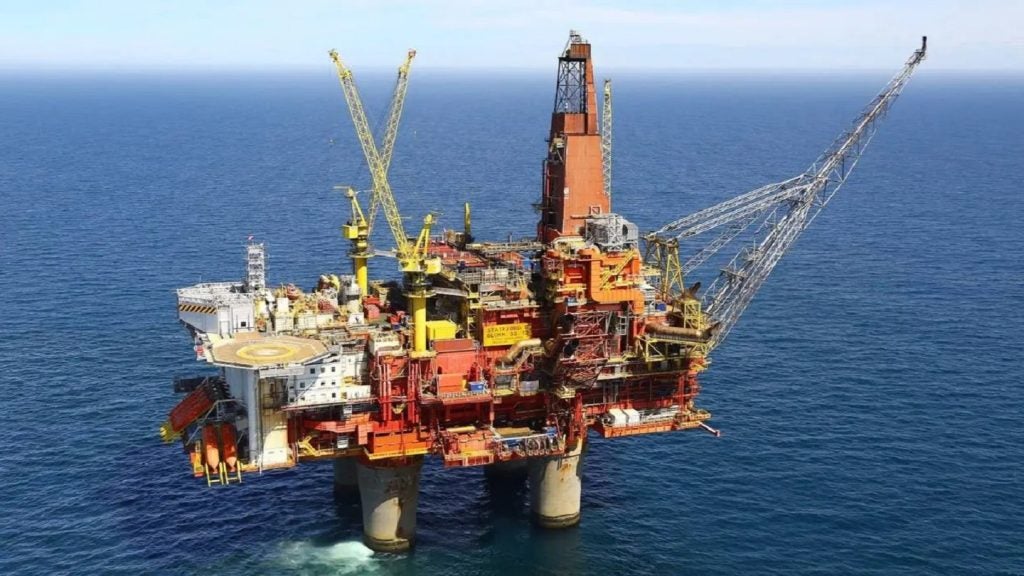The five biggest listed oil companies in the world are expected to reward investors with record payouts worth more than $100bn combined for 2023 as consumers continue to feel the impacts of the energy crisis.
The oil industry 'super-majors' – Shell, BP, ExxonMobil, TotalEnergies and Chevron – handed out $104bn in dividend payments and share buybacks in 2022, according to the Guardian. This figure is expected to be even higher for 2023, according to financial analysts at the Institute for Energy Economics and Financial Analysis (IEEFA).
The predictions come despite declining commodity market prices this past year, which have caused a slump in profits, suggesting that large payouts will come from deficit spending.
Trey Cowan, an analyst at IEEFA, said: “At the current pace of distributions via share buybacks and dividends, these five super-majors could set a record for distributions to shareholders in 2023, topping the $104bn spent during the 2022 calendar year.”
He added: “The [oil industry] is beginning to empty its war chest used to pay shareholders faster than they can replenish it. Future distributions to shareholders of these companies appear likely to fall and not continue to ascend.”
The payouts in 2022 followed record profits for the year, with the “big five” alone bringing in almost $200bn, more than double the figure in 2021. Widespread backlash followed reports of surging profits as politicians, consumer advocates and environmental groups accused oil companies of profiting from the war in Ukraine and subsequent global energy crisis.
In June, US President Joe Biden said that Exxon and other majors were making “more money than God” at a time when costs for fuel were at an all-time high. In August, IEEFA said that the super-majors had “benefitted handsomely from consumers’ pain related to the high prices, and from the havoc and devastation wreaked on Ukraine and its people”.
The record rewards for oil and gas investors also come as warnings about the role of fossil fuels in the climate crisis intensify. At the COP28 UN climate summit, concluded in mid-December, more than 100 countries pushed to include “fossil fuel phase-out” language in draft deal texts but ultimately failed, with the final text agreeing to “transition away” from fossil fuels.
Tom Evans, policy advisor to think tank E3G, told Offshore Technology’s sister site Energy Monitor at the conference that the deal was “not a credible response to the crisis we are in”.
Several oil majors faced shareholder rebellions at their annual general meetings in 2023 as activist investor groups and pension funds called for more to be done about emission reduction commitments. TotalEnergies, BP, Shell and Exxon all contended with climate-related revolts.
















